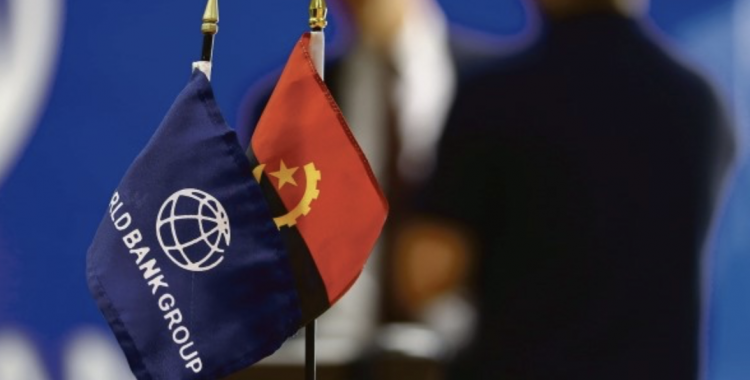"The (three countries involved) must also work on connectivity, each one must create conditions to increase trade, improve regulatory barriers and create connectivity infrastructures so that the region can be a source of trade and development", said Victoria Kwakwa.
In an interview with Lusa, the vice-president of the World Bank for Eastern and Southern Africa recalled that this is "a strategic project" and highlighted that the governments of Angola, the Democratic Republic of Congo (RDCongo) and Zambia have to "work together and put in place policies that support development and the right framework to foster trade and supporting infrastructure".
The World Bank, she said, has a project to create jobs for micro, small and medium-sized companies, worth 300 million dollars, to train around 12 thousand companies that operate along this railway and economic corridor, which runs from the port from Lobito to the Democratic Republic of Congo and northern Zambia.
"We have a 300 million dollar project to support companies in activities, and for direct support as well, and the entire ecosystem that will help them grow and connect with each other, improving access to financing, services and knowledge that are needed, to be an important growth area for Angola and the region", said the vice-president of the World Bank.
The Lobito Corridor "is important and strategic for Angola, but also for other countries in the region", said Victoria Kwakwa, remembering that the project has an impact on four Angolan provinces with eight million inhabitants, which represent 25 percent of the population and are home to more than 12 thousand companies.
The project "is clearly of strategic importance, it has immense potential for the development of the agriculture, fruit, vegetable value chain, and a diversification strategy has to look very carefully at the Lobito corridor and how to fully harness the potential to guarantee these objectives", said the person in charge.
In Angola, the World Bank has a partnership in place based on two pillars – economic diversification and improvement in the provision of basic public services –, with a portfolio of 4 billion dollars, focused on human capital, education, knowledge and the digital area to promote the diversification of the economy.
The Lobito Corridor is the first strategic economic corridor launched under the aegis of the G7 Partnership for Global Infrastructure and Investment (PGI) in May 2023, which was followed by the signing of a joint declaration between the European Union (EU) and the United States of America (USA), on the sidelines of the September 2023 G20 Summit in New Delhi, in support of the development of the Corridor.
In October last year, during the Global Gateway Forum, the EU and the US signed – together with Angola, DRCongo, Zambia, the African Development Bank (AfDB) and the African Finance Corporation (AFC) – a Memorandum of Understanding (MoU) to define the roles and objectives for the expansion of the Corridor.
AFC is the main promoter of the project that will connect the three African countries, and it is expected that the railway line to be modernized, in the part that already exists, and completed, will create economic benefits of approximately 3 billion dollars for the countries, reduce atmospheric emissions by around 300 thousand tons per year, and create more than 1250 jobs during its construction and operations.







